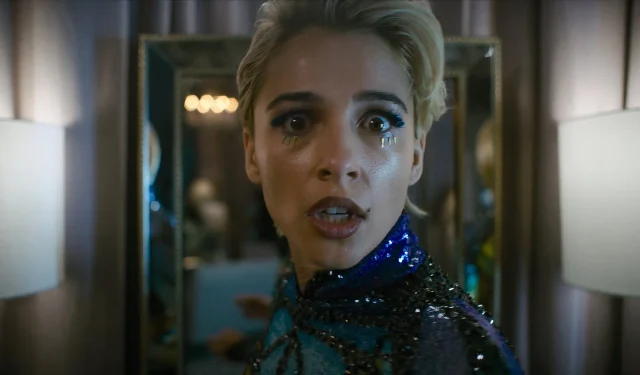
Warning: The following article contains spoilers for several horror films. Proceed with caution.
The Power of Unreliable Narratives in Modern Horror Cinema
The landscape of horror cinema offers unique freedoms that other genres often cannot afford. While action or comedy films typically adhere to certain limits regarding sequels and special effects, horror thrives on its ability to explore and defy those boundaries. Recent successful films in the genre have demonstrated the potent impact of unreliable narratives, transforming familiar storytelling techniques into tools for captivating and chilling experiences.
The Evolution of Surreal Horror
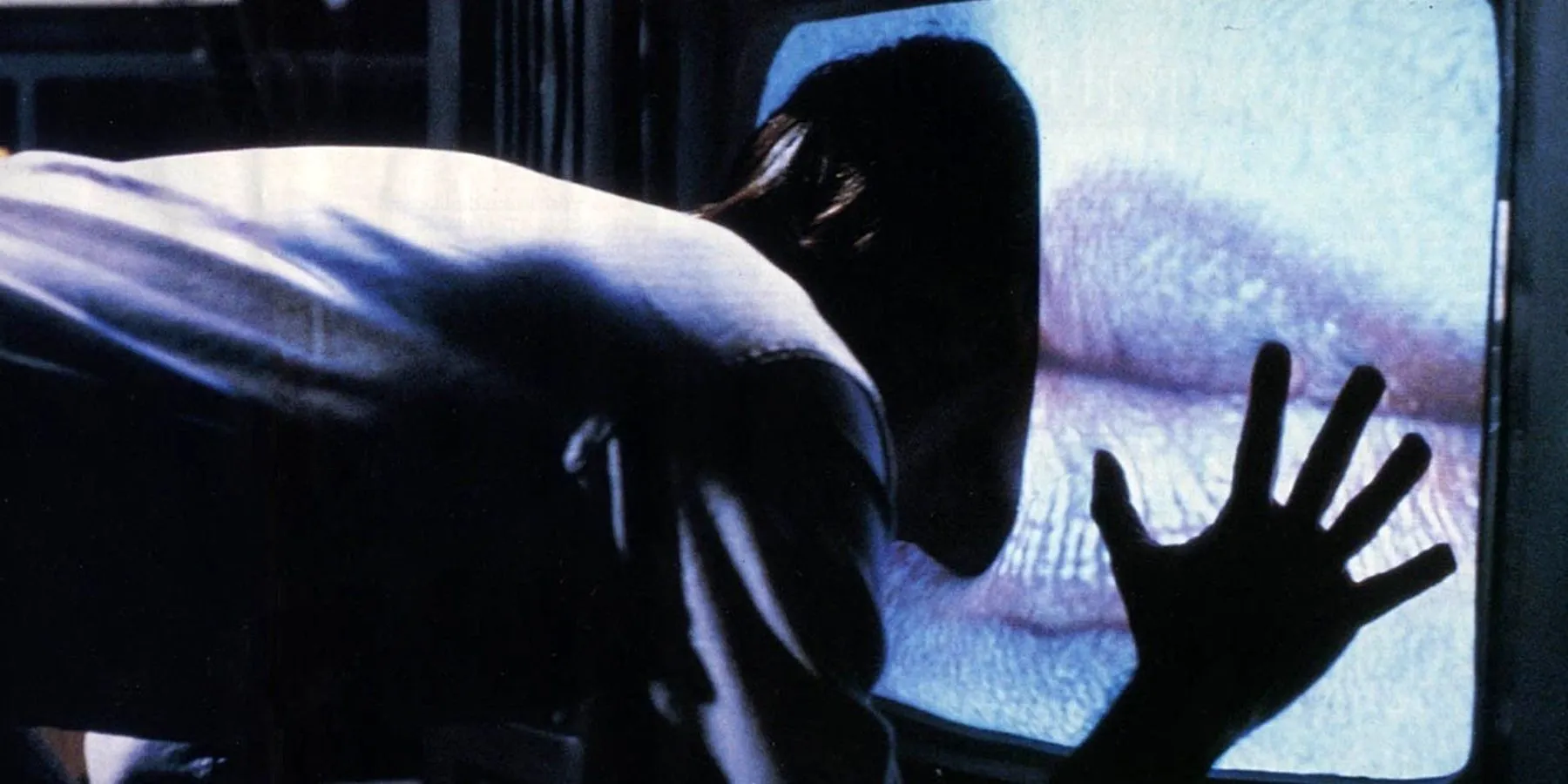
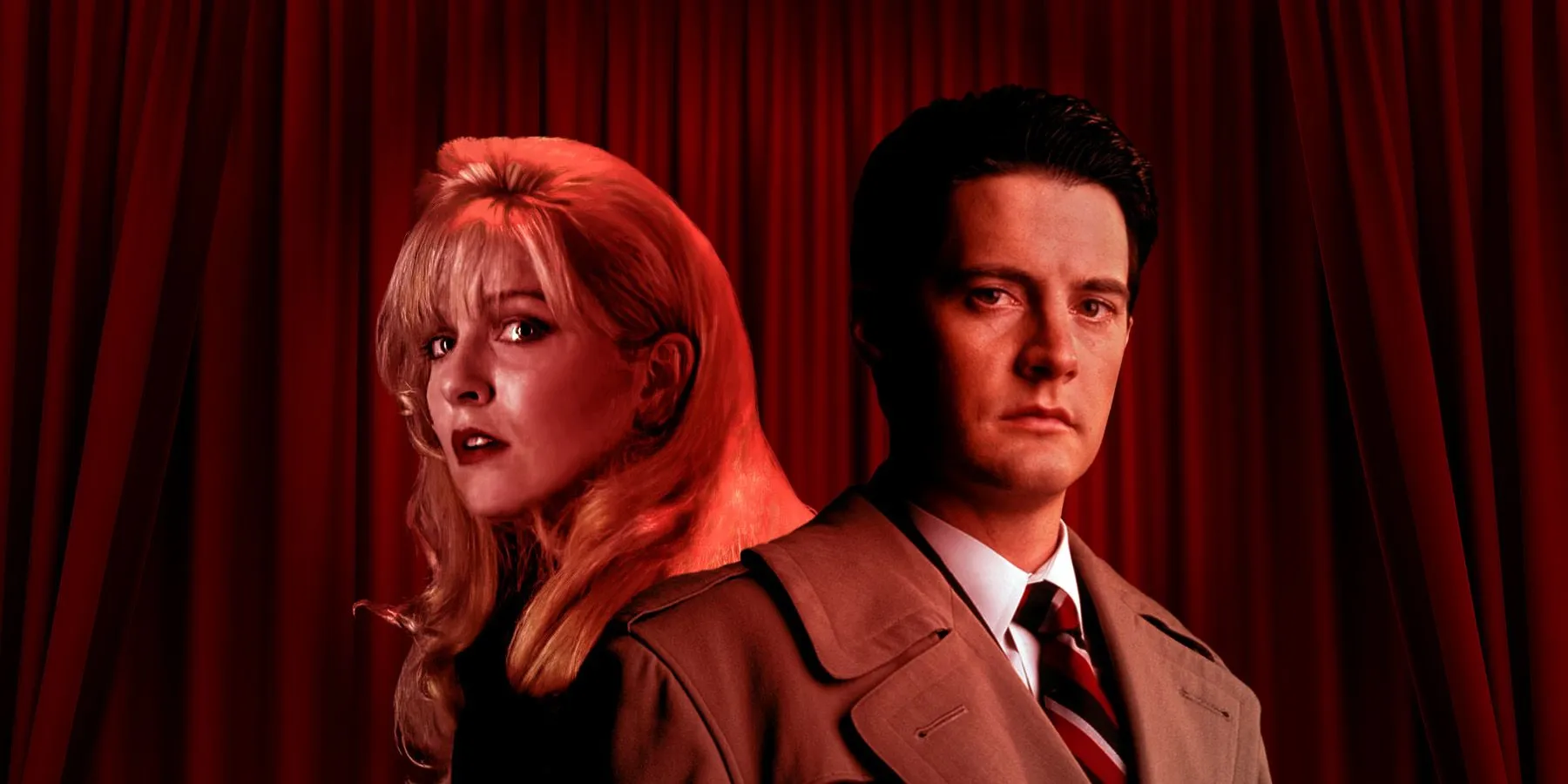
At the core of this trend lies the fascinating concept of the story acting as its own unreliable narrator. This complex narrative technique questions the authenticity of events, creating a layer of ambiguity that enriches the viewing experience. While the theme is not new—consider Miguel de Cervantes’ “Don Quixote,”which explores a knight’s distorted worldview—it remains consistently relevant in both literature and film.
Similarly, the works of H. P. Lovecraft emphasize an unreliable reality filtered through the lens of madness. Lovecraft’s protagonists are often ensnared in a web of horrific truths that twist their perception, a notion aptly captured in the “Through the Eyes of Madness” trope as defined by TV Tropes.
Classic Examples of Unreliable Narratives
A hallmark of this genre is Adrian Lyne’s 1990 film “Jacob’s Ladder,”which masterfully utilizes the unreliable narrator trope to craft a haunting tale. The film follows Jacob Singer, a veteran haunted by nightmarish visions that seep into his everyday life. The climactic revelation—that Jacob is experiencing fevered hallucinations on his deathbed—cements its place in cinematic history alongside renowned films like “Fight Club”and “The Sixth Sense,”which also challenge viewers’ perceptions.
Another significant 90s entry, “In the Mouth of Madness,”takes a similar narrative turn, exposing the audience to the unsettling realization that the story they have consumed is merely a creation of an author within the film. Such groundbreaking examples laid the groundwork for modern interpretations of the unreliable narrative in horror.
Unreliable Horror in the 21st Century
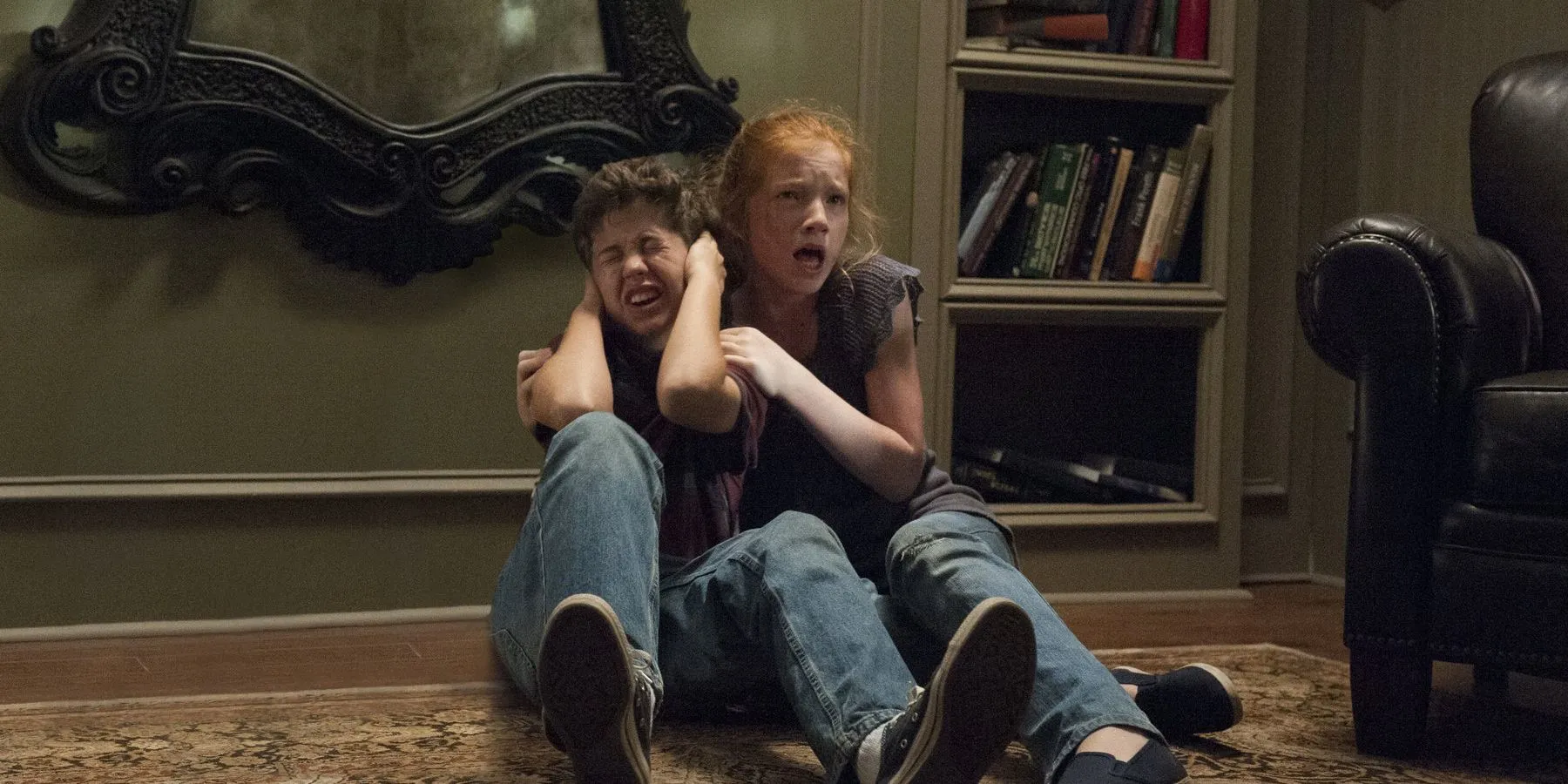
In contemporary horror, the manipulation of reality is taken to new heights. The genre has embraced themes where time and human perception are mere tools for its monstrous entities. Modern filmmakers, particularly Mike Flanagan, have effectively brought these themes to life, as seen in films like “Oculus.”This psychological horror plays with audiences’ perceptions, mirroring the uncanny distortions experienced by the characters themselves.
Noteworthy films depicting flawed realities include:
- “The Smile”series
- “The Haunting of Hill House”
- “Mandy”
- “A Ghost Story”
- “Drag Me to Hell”
- “The Machinist”
- And many more.
The Popularity of Unreliable Narratives in Horror
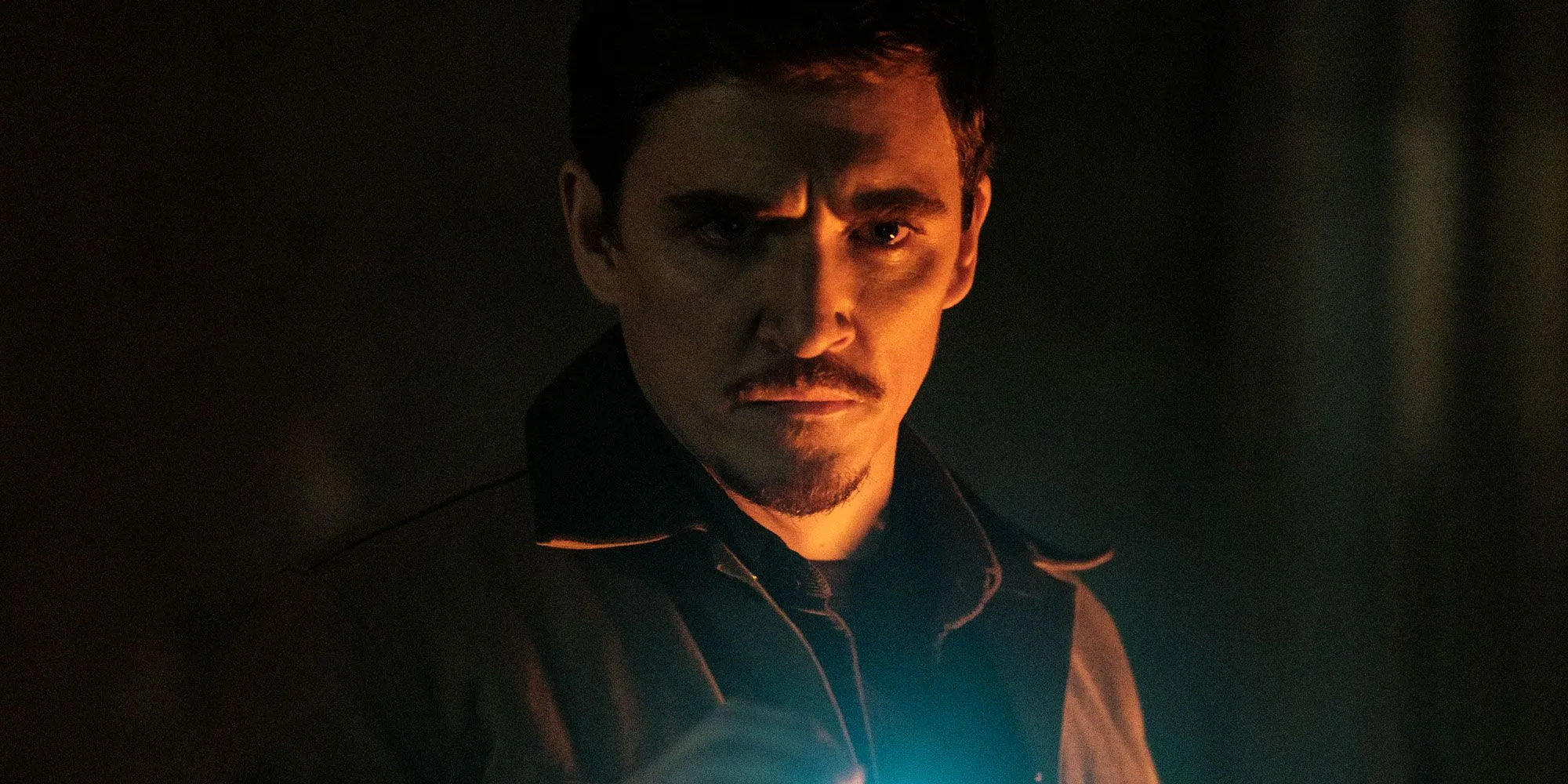
The “Smile”series epitomizes the current fascination with unreliable horror. It portrays a powerful demon that exploits trauma to control its victims. This relentless curse spreads not only mental distress but inflicts layers of suffering through the act of witnessing death. The metaphorical implications of trauma resonate deeply, showcasing the psychological unraveling of the characters and amplifying the horror experience.
Modern horror frequently tackles themes of trauma, contending with how it distorts perception and threatens a victim’s grasp on reality. Films like “Smile”emphasize this disconnect, demonstrating the struggles of individuals who are trapped in cycles of despair while others overlook their pain. The Smile Entity serves as a chilling representation of how trauma warps the human psyche, illustrating the concept of “Through the Eyes of Madness”as a formidable character of terror.
While traditional elements such as slashers and true crime continue to hold their allure, the rise of unreliable narratives invigorates horror cinema. This ongoing trend reflects a broader search for psychological complexity, making modern horror more engaging and relatable to contemporary audiences.




Leave a Reply